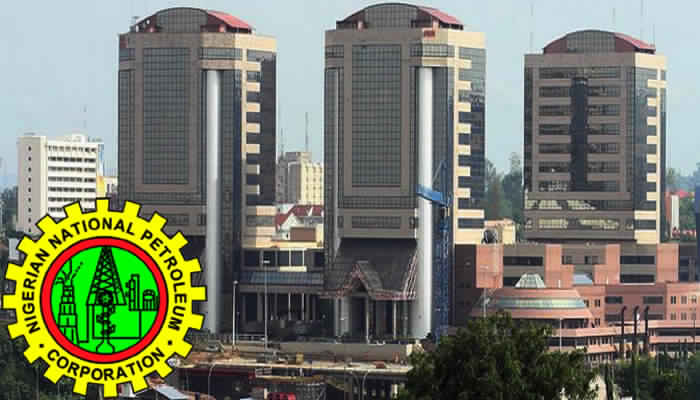An agency tasked with cleaning up Nigeria’s murky oil industry says even though financial accountability has improved the state oil company still hasn’t explained billions of dollars of missing revenue.
While energy producers have cooperated and complied with requirements to publish payments, the Nigeria Extractive Industries Transparency Initiative has struggled with the state-owned Nigerian National Petroleum Corporation, Waziri Adio, executive secretary of the agency known as Neiti, said in a March 7 interview in Abuja, the capital. The state oil company hasn’t explained what it did with at least $22.7 billion earned from the sale of oil licences and in dividends from its stake in Nigeria LNG over a 15-year period, he said.
“The sector is no longer the black hole that it once was, but we can still use more transparency,” Adio said. “Things are opening up. There could be more in the area of contracts, ownership and expenditure transparency, but definitely there is some progress.”
Ndu Ughamadu, NNPC spokesman, didn’t answer three calls on his mobile phone and two text messages seeking comment. The company has said in the past it has the authority of the government in its actions.
Royal Dutch Shell, ExxonMobil Corporation, Chevron Corporation, Total and Eni operate joint ventures with the state oil company that account for about 90% of the output of Nigeria, Africa’s top producer. Neiti was set up in 2004 after Nigeria acceded to the Extractive Industries Transparency Initiative, which requires international energy companies and governments involved in mining to publish all their payments.
Annual audits
Nigeria LNG is owned 49% by NNPC, 25.6% by Shell, 15% by Total and 10.4% by Eni.
President Muhammadu Buhari, who pledged during his 2015 election campaign to fight widespread graft in the oil and gas industry, appointed Adio, 49, in February 2016 to head Neiti.
For all its work in auditing oil industry payments, critics say the agency remains toothless, lacking the power to compel companies to disclose payments or penalise erring producers. Neiti’s annual audits have helped the government recover billions of dollars that would’ve been lost, Adio said.
The Neiti law “does not give us the power to compel compliance or to enforce our recommendations,” he said. “But we have done our reports, with findings and recommendations, and we have shared them with government.”
So far, the agency has produced reports covering the years from 1999 to 2015 and is working on those for 2016 and 2017, which are scheduled for public presentation in July and November.
Bloomberg

